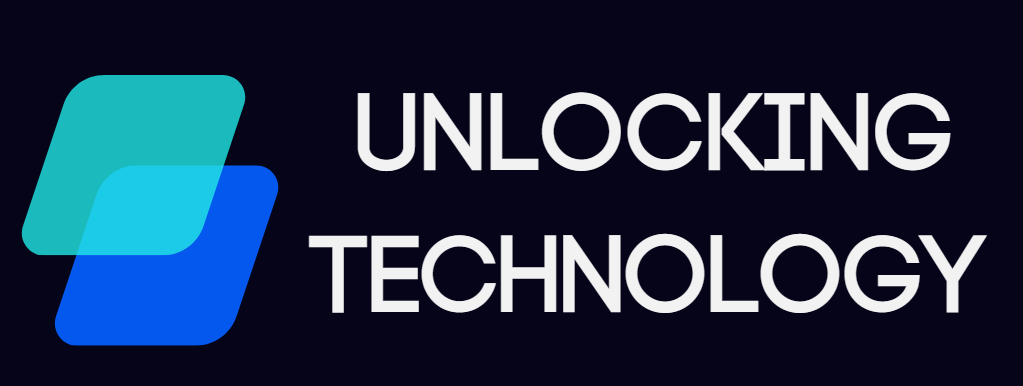In the worlds of technology and finance, blockchain and cryptocurrencies have emerged as major players, attracting considerable interest from a wide audience. These ground-breaking ideas have the potential to change economies, industries, and how we interact with digital assets. This in-depth blog post will cover every aspect of blockchain technology and cryptocurrencies, including their history, operation, practical uses, and ongoing profound influence on a range of industries.
Inventors of the blockchain technology.
With the launch of Bitcoin, the first cryptocurrency, blockchain technology—often referred to as a decentralized and distributed digital ledger—was first introduced. In a white paper published in 2008, an enigmatic figure by the name of Satoshi Nakamoto described the idea behind Bitcoin and the underlying blockchain technology. The main objective was to develop a peer-to-peer electronic cash system that operated without the need for middlemen like banks.
Knowing Blockchain technology.
A digital ledger that securely records transactions is the foundation of a blockchain. The ledger is managed by a network of computers called nodes rather than being under the control of a single entity. The term "blockchain" refers to the chain of blocks that is formed when each transaction is grouped into a block and cryptographically linked to the block before it.
Because blockchain is decentralized, security is guaranteed by consensus mechanisms like Proof of Work (PoW) and Proof of Stake (PoS), in which users verify transactions and uphold the accuracy of the ledger. The risk of a single point of failure is completely eliminated by this design, which also improves security.
More Than Just Digital Money, Cryptocurrency.
A type of digital or virtual currency that uses cryptography for secure transactions is called cryptocurrency, with Bitcoin serving as an example. Cryptocurrencies, as opposed to conventional money issued by governments, are typically decentralized and run on blockchain technology. Numerous additional cryptocurrencies, often referred to as "altcoins," were developed as a result of the basic idea behind Bitcoin—a decentralized digital currency.
Cryptocurrencies serve various purposes besides being a medium of exchange:.
1. Because of its scarcity and capacity to serve as a store of value similar to precious metals, bitcoin is frequently referred to as "digital gold.".
2. Smart contracts are self-executing contracts with terms written directly into code. Ethereum introduced the idea of smart contracts. These agreements automate and enforce contracts devoid of middlemen.
3. Tokenization: Blockchain technology makes it possible to produce tokens that stand in for ownership of various types of assets, including real estate, works of art, and access to services.
Practical Applications.
Blockchain and cryptocurrencies have expanded beyond the realm of finance and are impacting a variety of industries:
1. Management of the supply chain: Blockchain ensures supply chain transparency and traceability, lowers fraud, and boosts product authenticity.
2. Healthcare: Patient data can be safely shared between healthcare providers while maintaining data integrity and patient privacy.
3. Voting System: By enhancing the security and transparency of the voting process, blockchain can lower the likelihood of fraud.
4. Cross-Border Payments: Without the use of middlemen, cryptocurrencies allow for quick and affordable cross-border transactions.
Prospects for the Future and Challenges.
Although they have a lot of potential, cryptocurrencies and blockchain are not without problems. Scalability, energy consumption (especially with PoW consensus), regulatory uncertainty, and the requirement for user education should all be taken into consideration.
The future of blockchain technology and cryptocurrencies appears bright. Blockchain-based solutions are anticipated to become more widely adopted as the technology advances, scalability issues are solved, and regulations are clarified. Increased effectiveness, transparency, and innovation will result from this.
See https://artoftechnologymasterybysaad106falcon for more information. A comprehensive investigation of most is available at blogspot . com/2023/08.
Result.
A new era of digital empowerment has been ushered in by blockchain technology and cryptocurrencies. They have the power to change industries, empower people, and build more equitable systems in addition to facilitating financial transactions. It is crucial for enthusiasts and those looking to harness the transformative power of blockchain and cryptocurrency to understand their intricacies as we navigate this exciting landscape. The journey has only just begun, but the effects will undoubtedly be profound.





0 Comments